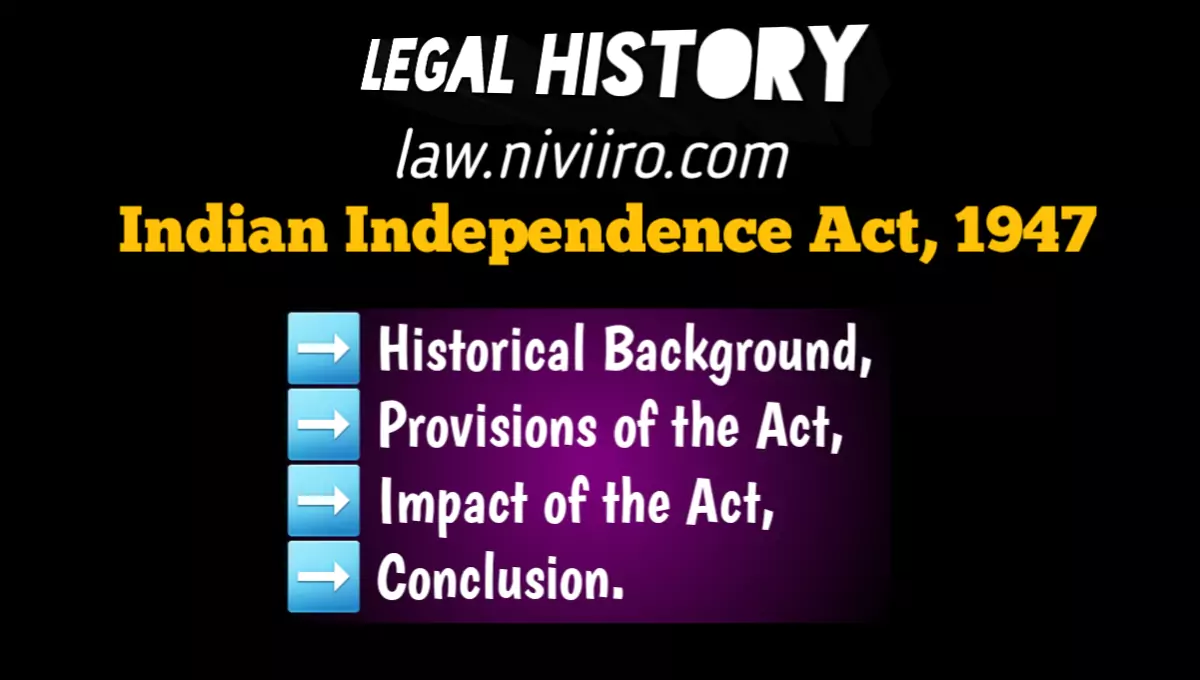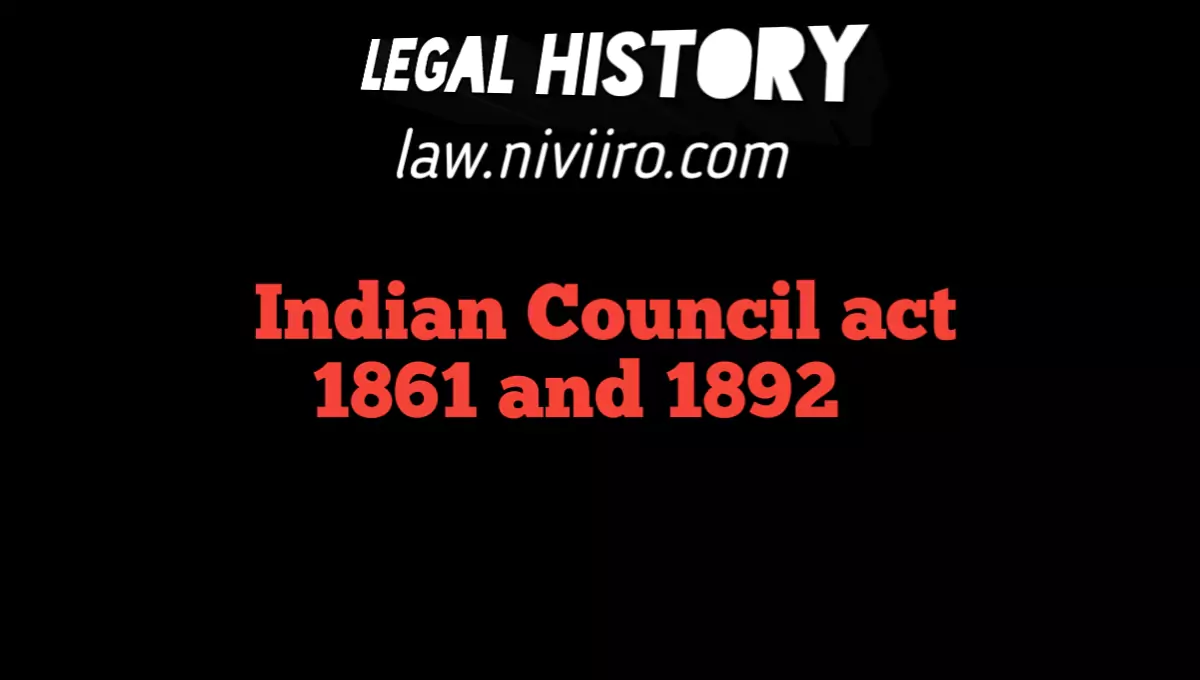Under this scheme, civil and criminal justice were separated. the new plan of 1774 Also appointed Indian Judge in placed of Englishmen.
1. Civil Justice | New Plan of 1774
Under this plan the Mofussil area was divided into 6 divisions with their headquarters at Calcutta, Murshidabad, Patna, Burdwan, Dinapur and Dacca.Under this plan a new court called the Provincial Council was established.
Its main function was to collect revenue. Had to sit once a week.The English collector was replaced by an Indian officer named Diwan or Amil.Appeals from the Provincial Council to the Mofussil diwani Adalat for cases above Rs 500 and the Sadar Diwani Adalat in cases involving more than Rs 1000 were appealed.
2. Criminal Justice | New Plan of 1774
Sadar Faujdari Adalat shifted from Calcutta to Murshidabad.A new officer was appointed as the Naib Nizam who was to exercise control over other criminal courts.
Conclusion | New Plan of 1774
1. Thus the establishment of the Provincial Council was one of the best features of this plan as the work of revenue collection was stopped in it.
2. It reduced the burden of Sadar Diwani Adalat.
3. It instilled confidence in the native as now the collector was replaced by an Indian officer.
Related Post
Important Questions | New Plan of 1774
Tell us about civil Justice introduced under the new plan of 1774 ?
Calcutta, Murshidabad, Patna, Burdwan, Dinapur and Dacca.Under this plan a new court called the Provincial Council was established….
What was the criminal Justice under the new plan of 1774 ?
Sadar Faujdari Adalat shifted from Calcutta to Murshidabad.A new officer was appointed as the Naib Nizam who was to exercise control over other criminal courts.
How the plan of 1774 became a Good decision of the company ?
The plan of 1774 became a Good decision of the company because It reduced the burden of Sadar Diwani Adalat and the collector was replaced by an Indian officer.
Refrences Book
- M.P. Jain, Outlines of India Legal History
- Rankin G.C. Background to Indian Law
- V.D. Kulshrestha, Landmarks in Indian Legal History
- M. Rama Jois, Legal and Constitutional History of India
- Indian legal and constitutional history by Dr. N. V. Paranjape
- A.B. Keith, Constitutional History of India

















